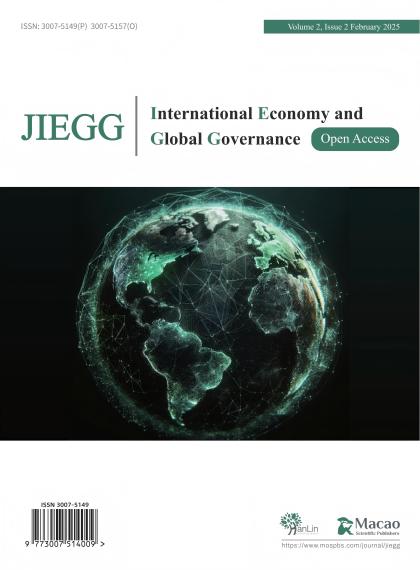Abstract
This study investigates the geopolitical determinants of Chinese bilateral currency swap agreements (BSAs), focusing not only on why some swaps are signed, but also on why others are expanded or terminated over time. Unlike prior research that centers on swap initiation, this paper provides a comprehensive lifecycle analysis of BSAs—covering their initiation, evolution, and discontinuation—through a novel integration of geopolitical alignment indicators (e.g., UN voting, BRI participation) and economic fundamentals (e.g., GDP size, reserves). Employing a mixed-methods design combining logistic regressions, Prais–Winsten models, and survival analysis, the study uncovers a dual logic behind China’s swap diplomacy: closer geopolitical alignment increases the probability of swap access and durability, while economic strength amplifies the benefits of alignment and cushions the risks of weaker ties. This interactive framework contributes theoretically to the literature on financial statecraft by demonstrating how China fuses diplomatic incentives with liquidity tools. Practically, the findings highlight that for smaller economies, Chinese BSAs offer both financial benefits and potential political dependencies—raising critical questions about autonomy, conditionality, and strategic alignment in a fragmented global monetary system.
Keywords: China, Currency Swaps, Financial Statecraft, Financial Cooperation
Download the full text PDF for viewing and using it according to the license of this paper.

